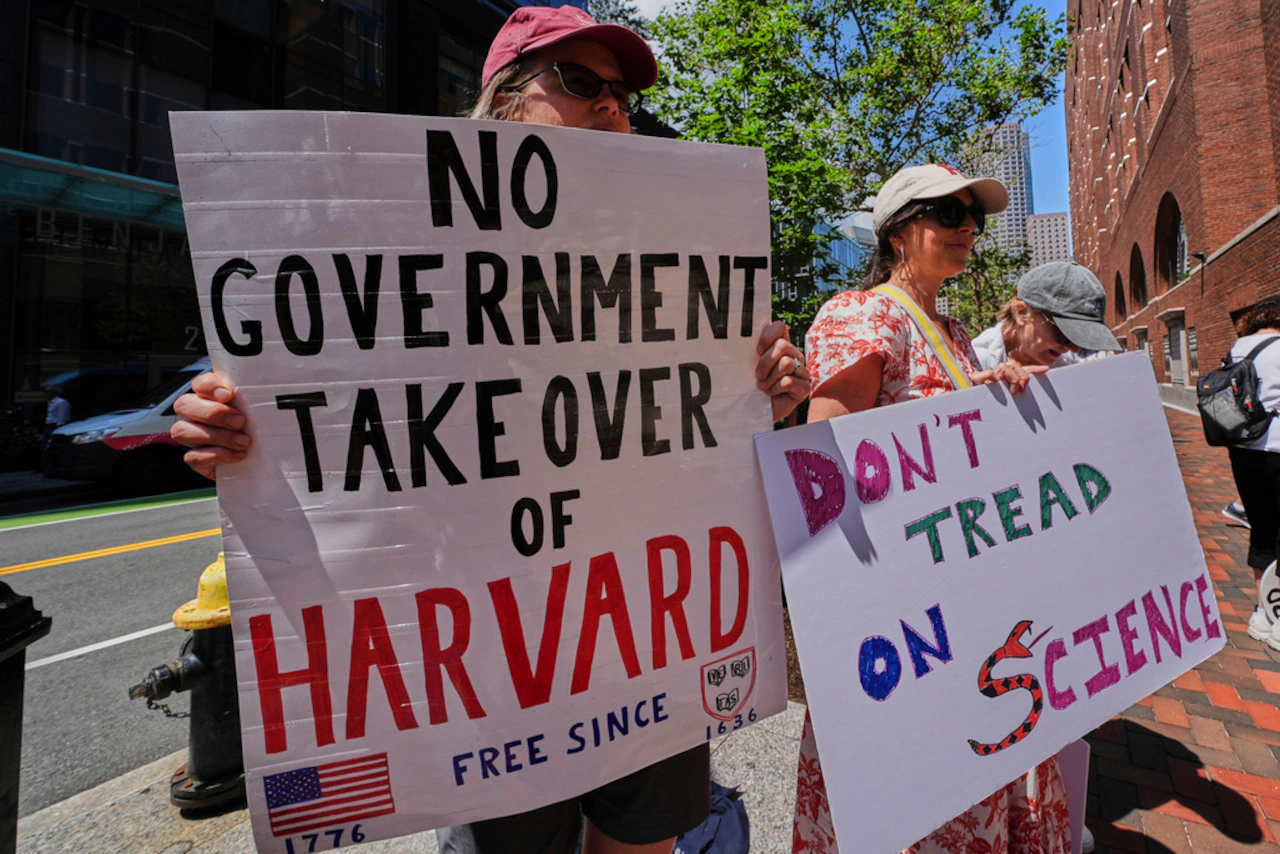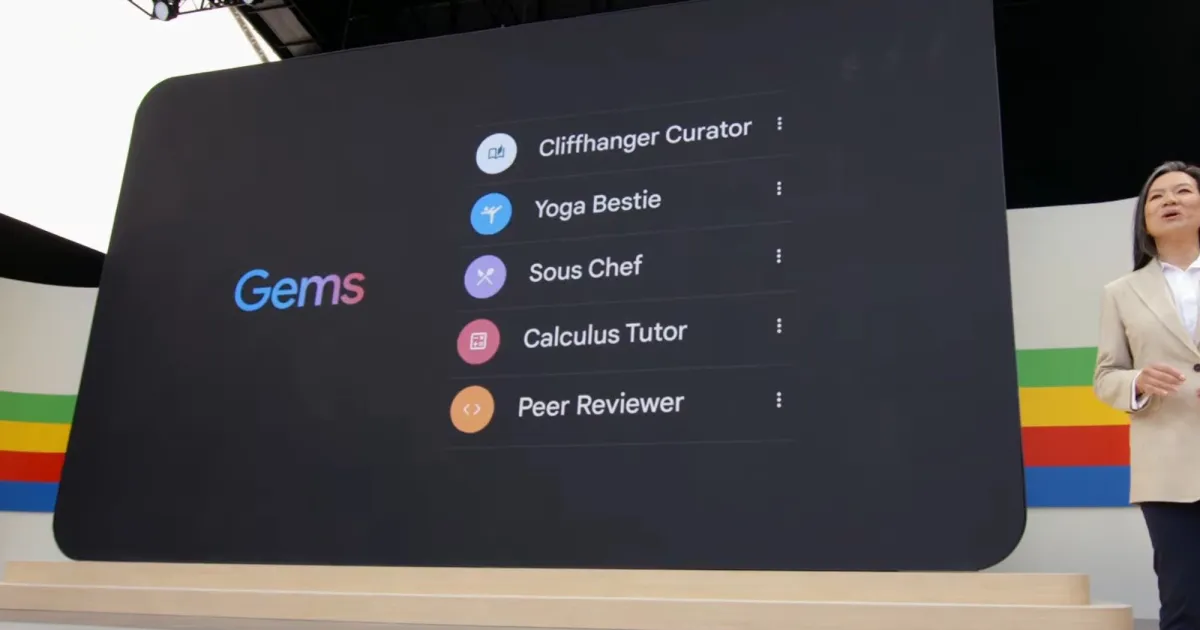
A plan under development by the White House could see colleges and universities that pledge to adhere to the values and policies of the Trump administration at a competitive advantage for research grants, according to reporting by The Washington Post.
The new plan represents a major shift away from a wave of investigations and punishments aimed at individual schools and toward an effort to bring large groups of colleges into compliance with Trump policies at once, the outlet reported.
Universities could be asked to affirm that admissions and hiring decisions are based on merit rather than racial or ethnic background or other factors, that specific factors are taken into account when considering foreign student applications, and that college costs are not out of line with the value students receive, two anonymous White House officials told the outlet.
“Now it’s time to effect change nationwide, not on a one-off basis,” a senior White House official told the Post. The officials described the plan as still being developed.
Earlier this month, a federal judge sided with Harvard University over the Trump administration’s cuts to nearly $3 billion in federal funding in the name of campus antisemitism.
Trump took to social media to say that the administration would immediately appeal the decision.
Elsewhere in the country, the Trump administration has attacked the University of California system’s research funding, and launched investigations and demanded that it pay more than $1 billion, The New York Times reported on Saturday.
School officials on campus are debating how to respond, finding themselves in a similar situation to higher education institutions that have yet to reach a consensus on how to defend against the White House’s campaign to reshape American campuses.
Since Trump’s return to office, his administration has launched investigations of and pulled research funding from universities, including Columbia, Harvard and UCLA, and worked to secure concessions in exchange for restoring funding.
Under the new research funding system under consideration for universities, schools that show they are in compliance with Trump policies would be rewarded with a “competitive advantage” in applying for federal grants, the Post reported.
“I think there will be an opportunity for universities to be forward-looking and … state their positions out loud: What are the things that you believe? What are your values? How are you providing value to students?” the official told the Post. “And that will be something that not only is important to the administration … but it’ll be super impactful for students too.”
Investigations into individual universities that the administration believes violate civil rights laws would continue, the official said.
Some Ivy League schools, such as Columbia, Brown and the University of Pennsylvania, have reached agreements to resolve federal investigations.
Columbia agreed to pay a $200 million fine to restore federal funding after the Trump administration pulled $400 million in grants for what it described as the university’s failure to address antisemitism on campus during the Israel-Hamas war.
Brown agreed to pay $50 million to Rhode Island workforce development organizations in order to restore dozens of federal research grants and end investigations into allegations of antisemitism and racial bias in the university’s admissions. It also agreed to adopt the government’s definition of “male” and “female” and remove any consideration of race from the admissions process.
The University of Pennsylvania agreed to resolve a federal civil rights case by modifying three school records set by transgender swimmer Lia Thomas. The university said it would apologize to female athletes “disadvantaged” by Thomas’ participation on the women’s swimming team. The administration had suspended $175 million in funding.
A critic of the White House’s proposal told the Post that the plan amounted to an “assault … on institutional autonomy, on ideological diversity, on freedom of expression and academic freedom.”
Suddenly, to get a grant, you need to not demonstrate merit, but ideological fealty to a particular set of political viewpoints. That’s not merit,” Ted Mitchell, president of the American Council on Education, told the outlet. “I can’t imagine a university in America that would be supportive of this.”
Material from The Associated Press was used for this report.



